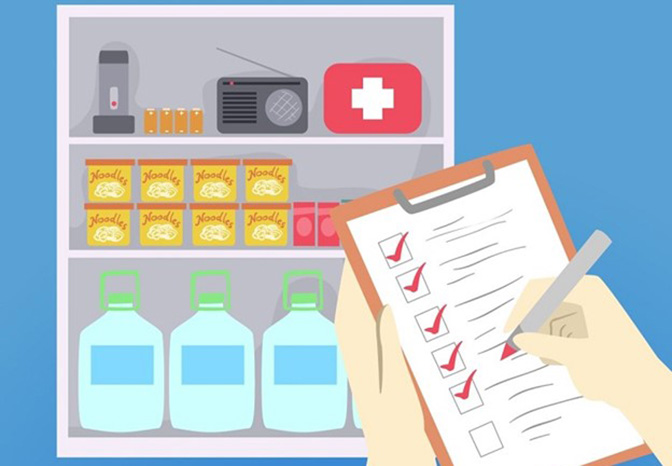
How Financial Stress Can Affect Your Health
We all know what stress is because we’ve all experienced it. Maybe you have a busy week at your job because a new computer system is being set up. Or an unexpected home repair temporarily messes up your household routine. Everything that can go wrong seems to go wrong. These kinds of stress usually work themselves out – eventually, the computer system works seamlessly, and the home repairs are done, and things get back to normal.
But what if a source of stress never lets up, and your ability to handle it gets weaker? A health crisis puts you in debt, student loans are eating up most of your paycheck, or you’re always overspending. Every single month, you’re struggling to pay your bills, and it’s making you sick.
It becomes more than just a temporary problem; it becomes a big problem. You’ve lost the ability to take a break from the crisis, and your health and well-being are now affected. And it has a name: financial stress.
The Stress of Living in Hawaii

For people in Hawaii, where living costs are high, financial stress can be even more of a challenge. Some common sources of financial stress are:
- Cost of living: Living in Hawaii is expensive, with high home prices and rents compared to the rest of the country.
- Debt: Many people have debts like credit cards, medical bills, and car payments.
- Not enough savings: A lot of people don’t have enough money saved for emergencies.
- Unstable incomes: Some families see their incomes drop a lot during the year.
The Problems Financial Stress Can Cause
When stress doesn’t go away, it can lead to health issues like anxiety, trouble sleeping, muscle pain, high blood pressure, and a weaker immune system. Financial stress can also cause other serious problems like divorce, troubles with kids, physical pain, or even death. Learn more about how to cope with stress with Dr. Stern on this podcast.
Beliefs that Make It Worse
Some people make their money problems worse because of what they believe. Some avoid the problem altogether or spend money when they feel stressed, even though it only helps for a little while. Keeping these activities secret from a partner can also cause problems in relationships. Learn more about the Psychology of Spending by listening to our Connecting the Dots podcast.
Talk to Someone
When you’re in a tough situation and can’t handle money matters alone, talking to someone is the first step. Some people have serious money problems, while others feel stressed even when their money is okay.
Find a licensed therapist here and select Mental Health Counselor.

Make a Plan
After getting help, managing your everyday money becomes important. Think about what matters most to you and set specific goals. Imagine yourself reaching those goals. When you have that in place, cut out things you don’t need. If you want to create a financial game plan, view our Work Well Financial Game Plan Toolkit.

By talking about financial stress, getting help, and making a plan, you can take control of your money and work towards a healthier, less stressful future!



